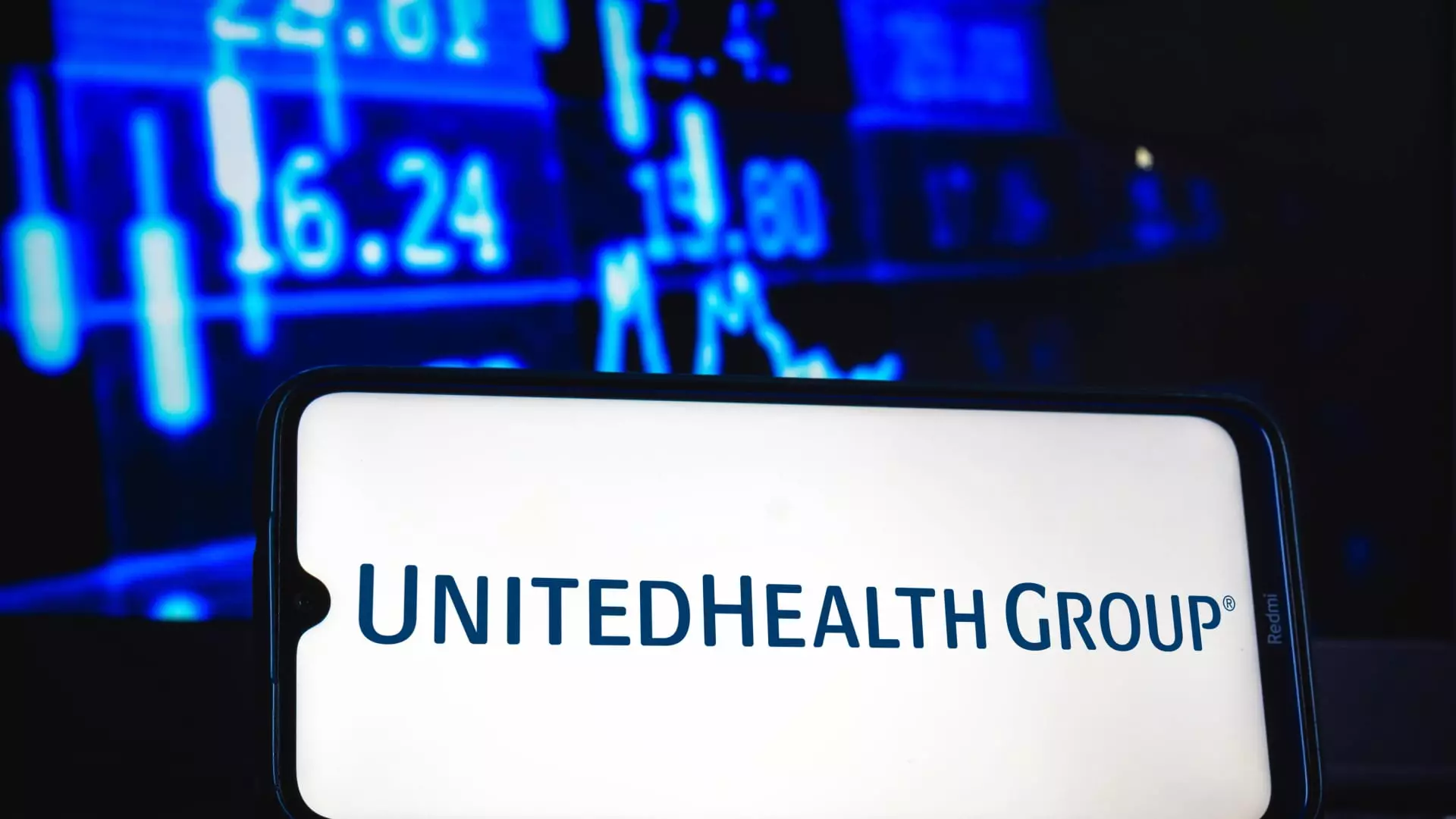UnitedHealth Group’s first-quarter earnings call will mark the health care giant’s first major public comments since a cyberattack on its Change Healthcare billing and payments subsidiary in February. This cyberattack has resulted in the largest disruption in U.S. health care since the Covid pandemic. The data breach at the Change Healthcare unit forced the firm to take down its massive billing and payment processing service. While the company has restored services for pharmacies, the outage has continued to disrupt operations for health care providers across the country. Change Healthcare is a subsidiary of UnitedHealth’s sprawling Optum division, which includes 90,000 doctors under the Optum Care unit and one of the nation’s largest pharmacy benefits managers, OptumRx.
The cyberattack on the Change Healthcare unit has significant implications for UnitedHealth’s overall operations. Analysts will be closely monitoring how the company accounts for the costs associated with the cyberattack, as well as the impact of the outage on other operations within Optum’s businesses. UnitedHealth says it has provided $4.7 billion in no-interest loans to providers affected by the cyberattack. However, the American Medical Association reports that more than half of physician groups surveyed had to resort to personal loans to maintain operations.
Challenges Faced by Health Care Providers
Physicians like Nashville dermatologist James Allred have been severely impacted by the cyberattack. Allred mentioned that he’s had to take out loans to keep his practice afloat due to delays in claims processing and payments by private health insurers. This disruption has forced him to give up on plans to expand his practice this year. The widespread impact of a single cyberattack has raised questions about the resilience of the American healthcare industry and the risks associated with massive consolidation.
Larger providers, such as home infusion services firm Option Care Health, have also warned that the outage could impact their quarterly results. The ripple effects of the cyberattack extend beyond UnitedHealth to other players in the healthcare industry. The timing of the Change hack has increased uncertainty for health insurers like UnitedHealthcare, Humana, CVS Health’s Aetna, and Elevance. The interruption in services has made it challenging for insurers to track medical utilization costs in real time, leading to adjusted or estimated numbers being reported for the first quarter.
Implications for Medicare Advantage Insurers
All of the Medicare Advantage insurers have reported higher-than-expected medical utilization rates among seniors during the fourth quarter. With the cyberattack taking place mid-way through the first quarter, it has further complicated the tracking of medical utilization costs. The delayed outlook on medical costs will also impact the preparation of 2025 Medicare Plan bids, which are due in early June. This comes after disappointing government payment rate increases for 2025, which are expected to pose a profit headwind for insurers.
The elevated cost trends and competitive market conditions pose a challenge for health insurers like UnitedHealth as they navigate the fallout from the cyberattack. The industry will have to wait for the second quarter to gain a better understanding of the medical cost trend and its implications for insurers and providers. The cyberattack on UnitedHealth’s Change Healthcare unit serves as a stark reminder of the vulnerabilities in the healthcare industry’s infrastructure and the need for robust cybersecurity measures to safeguard patient data and services.

